Nigeria’s state oil firm gets new leadership as Niger Delta Avengers continue attacks
This week, President Muhammadu Buhari announced a new board of directors for the state-run Nigerian National Petroleum Corporation (NNPC), notably replacing junior oil minister Emmanuel Ibe Kachikwu with Dr. Maikanti Kacalla Baru, a former NNPC group executive director of exploration and production. While Kachikwu will remain within the firm as chairman of the board of directors, Dr. Baru will manage the day-to-day operations of the corporation as the general managing director (GMD). According to NNPC spokesperson Garbadeen Mohammed, the new appointments do not constitute a shake-up since: “The people who were there are still there and the new GMD is not an outsider…” He also stated that the new board will continue to implement ongoing reforms to the oil firm to increase its transparency and profitability, Leadership reports.
Baru’s appointment comes at a critical time for the oil sector in Nigeria, as negotiations continue between the government and the militant Niger Delta Avengers group, whose members have been vandalizing oil infrastructure in the Niger Delta region. On Tuesday, the Niger Delta Avengers claimed another round of attacks on a Chevron-owned well, a manifold owned by one of NNPC’s subsidiaries, and two of the NNPC’s crude oil trunk lines, despite having ostensibly reached a ceasefire with the government last month. The group maintains that it will continue destroying oil infrastructure until its demands are met: government commitments to use the region’s oil wealth to further develop the Niger Delta and provide economic opportunities for its people. Alternatively, the group argues, the Niger Delta region will seek to secede from Nigeria.
Zimbabwe shuts down to protest against Mugabe’s government
Wednesday, workers in Zimbabwe were encouraged to stay home in order to protest a wide number of grievances including the government’s inability to pay civil servants salaries, currency shortage, import restrictions, corruption, and the deteriorating economy. Many civil servants— notably public school teachers and health workers—have yet to receive their June salaries. Fueled by declining agricultural revenues, drought-hit Zimbabwe has suffered a recent cash-crunch, preventing it from disbursing salaries. Wednesday, the Financial Times reported that Zimbabwe could be receiving a $986 million debt-package from the International Monetary Fund and other multilateral banks.
During the “stay-away day”—as it was commonly referred to—some banks, business, and hospitals were shut down as the majority of Zimbabweans refrained from going to work. While the protests remained relatively peaceful, there were a few clashes between the police and protesters. The journalists who attempted to document the unrest were detained by police officers and were asked to delete pictures they took. In response to the unrest, on Wednesday, the internet was shut down for part of the day, as government warned against “irresponsible use of social media and telecommunication services.”
Wednesday’s events are the latest in a long series of anti-Mugabe protests, which were relatively rare in Zimbabwe, until recently. The movement started on social media, where the hashtag #ThisFlag has been prompting citizens to mobilize around the flag and protest against the Zimbabwean government’s harmful policies.
Israeli Prime Minister Benjamin Netanyahu and Indian Prime Minister Narendra Modi look to garner geopolitical support and deepen trade ties in east and southern Africa
On Monday, Israeli Prime Minister Benjamin Netanyahu began his historic trip to the East African countries of Uganda, Kenya, Rwanda, and Ethiopia—the first visit of an Israeli prime minister to the continent in three decades. Netanyahu and his administration look to gain ground during this trip in both the international arena and the private sector sphere. Already, part of enhancing these relations has been a $13 million aid package from Israel to the region.
Perhaps most salient is Israel’s hope to acquire support from African countries in the United Nations, especially as Ethiopia joined Senegal and Egypt on the U.N. Security Council. In fact, during his trip, Netanyahu acknowledged that increased African support “can change the automatic majorities in the U.N.” Relatedly, Netanyahu will also be discussing Israel and the region’s shared concerns over Islamist extremism and the potential for security cooperation.
Israel is also looking to the continent as a frontier for trade and investment at a time. Indeed, about 80 Israeli private-sector leaders came with the prime minister on this trip, and Netanyahu will meet with business leaders from Kenya, Rwanda, South Sudan, Ethiopia, Zambia, and Tanzania while in Uganda. So far, about 2 percent of Israel’s exports—about $1 billion—head to Africa. There is room for this relationship to grow.
The visit to Uganda was particularly personal for Netanyahu: His brother lost his life in the 1976 raid on the Entebbe airport where 100 Israeli hostages were being held by pro-Palestinian militants, allowed to land there by the Ugandan dictator Idi Amin. In Rwanda, Netanyahu and President Paul Kagame discussed and mourned their people’s shared experiences of genocide.
India’s Prime Minister Narendra Modi also began a trip to the region on July 7, stopping first in Mozambique then to South Africa, Tanzania, and Kenya. According to CNBC, these countries are in key locations on the Indian Ocean and thus strategic for India’s growing trade ambitions in the region. India’s efforts in Africa also come from its escalating trade and geopolitical competition with China, whose presence there has been exponentially increasing. A major strategy for India in Africa has been the growth of the Indian Export-Import (Ex-Im) Bank’s projects on the continent. In fact, in 2015 about 40 percent of the Ex-Im’s total loan exposure was to Africa. Modi will also emphasize India’s and these four countries’ shared priority of renewable energy.
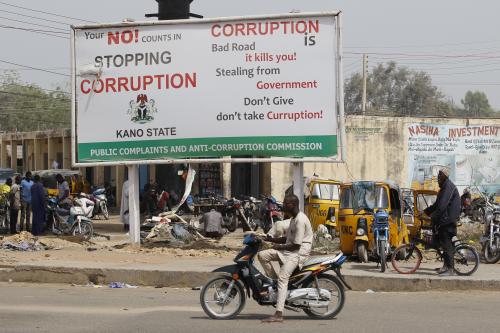
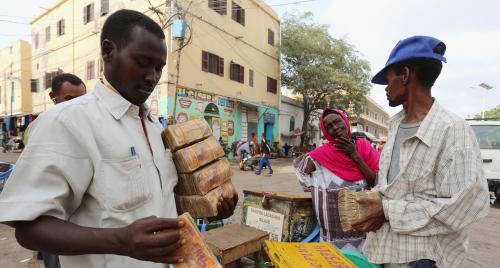
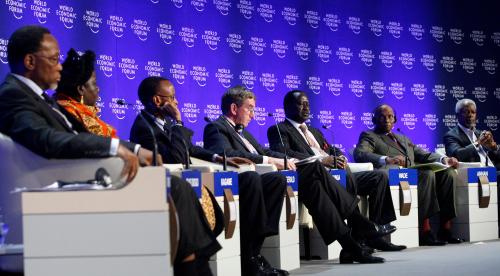
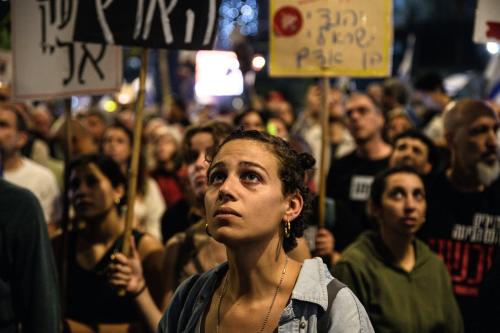
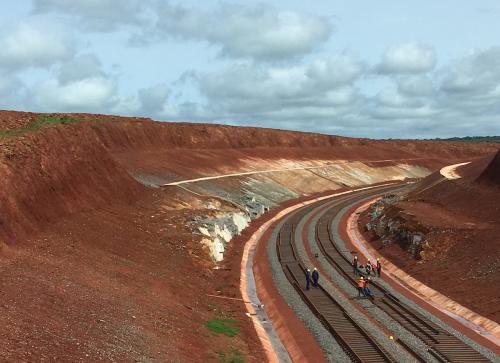

Commentary
Africa in the News: Nigeria’s state oil firm gets new leadership, Zimbabwean workers protest against Mugabe’s government and Benjamin Netanyahu visits East Africa
July 8, 2016